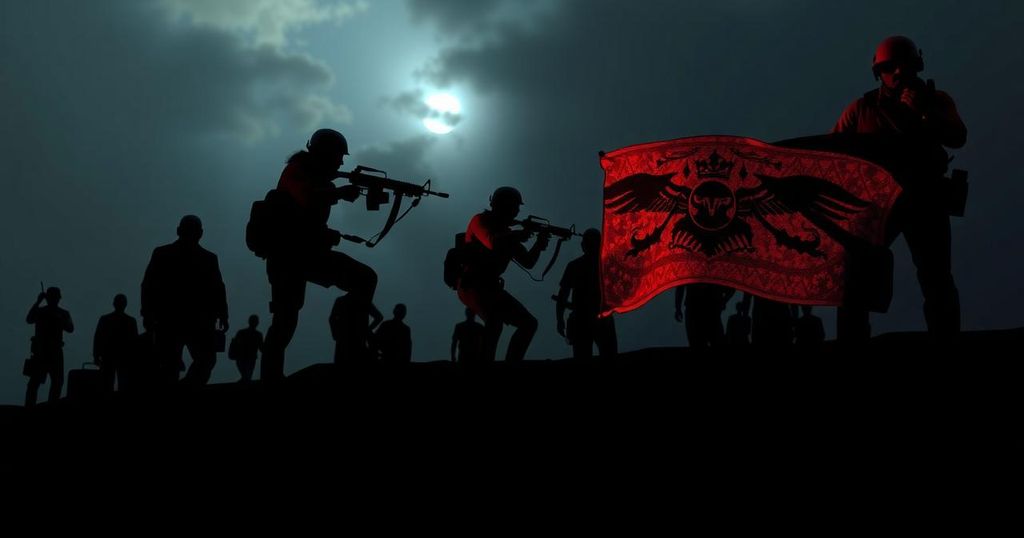“The United States Accused of Orchestrating 2008 Russia-Georgia War”
In a recent interview with the Russian daily Izvestia, Nikolai Patrushev, Chairman of the Maritime Collegium of the Russian Federation and aide to President Putin, made notable accusations against the United States, alleging their role as masterminds behind the 2008 Russia-Georgia war. This is a significant departure from the long-held belief that the conflict stemmed from Georgian military adventurism under President Saakashvili.
As Secretary of the Security Council of the Russian Federation during the 2008 war, Patrushev labeled the claim of U.S. involvement as “Saakashvili’s military adventure” and emphasized the direct hand of the American government in the situation, despite their denial of involvement. He asserted that the United States’ meddling in Georgia’s affairs ultimately led to the secession of Abkhazia and South Ossetia, implying substantial suffering for the Georgian people due to American actions.
In addition to his accusatory remarks about the 2008 conflict, Patrushev also discussed Russia’s maritime ambitions and the geopolitical implications of NATO’s naval activities. He highlighted the role of power dynamics in international relations, stating that NATO’s increasing naval presence in strategically important oceanic regions near Russia was a cause for concern. Furthermore, Patrushev accused Western countries of actively seeking to restrain Russia, particularly in the Black Sea, through violations of international agreements such as the Montreux Convention.
The interview also addressed Ukraine’s incursions in Russia’s Kursk region, with Patrushev attributing the blame to Western countries for enabling Ukraine to pursue aggressive actions against Russia. He asserted that the United States had contributed to turning Ukraine into a military anti-Russian project, resulting in the loss of sovereignty and territorial integrity. Patrushev suggested that American allies had ulterior motives in targeting specific regions of Ukraine, highlighting a broader pattern of interference by the United States in Eastern European affairs.
The timing of Patrushev’s accusations coincides with recent statements issued by Georgia’s ruling Georgian Dream party, which align with the narrative of U.S. involvement in the 2008 conflict. This development has reignited tensions between Russia, the United States, and its Western allies, signaling potential diplomatic repercussions in the near future.
Overall, Patrushev’s interview sheds light on the complex dynamics of international relations in Eastern Europe and the Caucasus, offering a provocative perspective on historical events and contemporary geopolitical challenges. While his claims may provoke skepticism and counterarguments from Western governments, they nevertheless provide insight into Russia’s perceptions of external influences in the region.








Post Comment